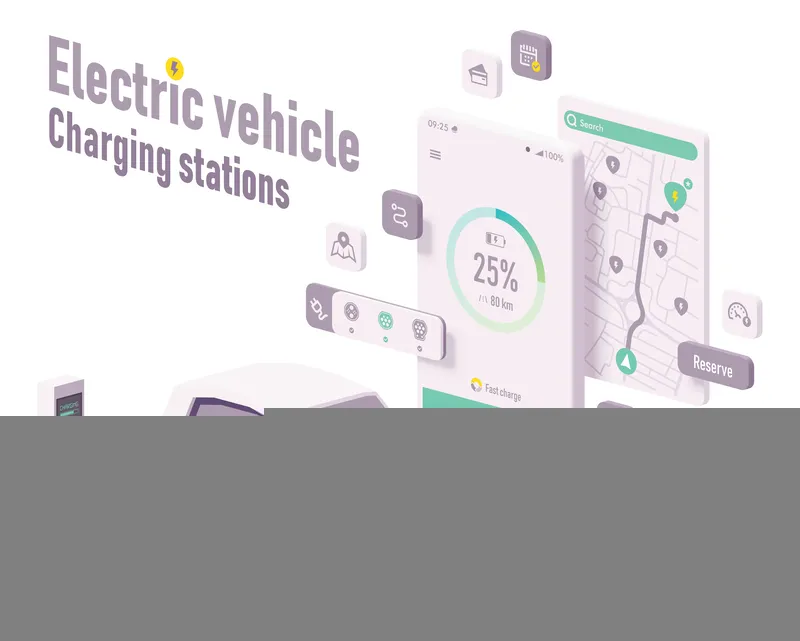
They are joining the Corporate Electric Vehicle Alliance, set up by non-profit organisation Ceres, which aims to aid the production of more diverse EVs while also providing a platform to coordinate support for policies that enable fleet electrification.
Sue Reid, Ceres’ vice president of climate and energy, says: “With companies controlling more than half the vehicles on the road in the US today, they have a tremendous role to play in leading the transition to EVs - both in terms of electrifying their own fleets and in leveraging their buying power to send a strong market signal to automakers and policymakers alike.”
Ceres says the platform allows members to leverage corporate demand to the production of new and increased volumes of EV models, adoption of supportive policies and peer-to-peer learnings.
Sara Forni, senior manager of clean vehicles at Ceres, says: “Many companies understand the myriad benefits of fleet electrification, but they’re lacking a supportive alliance of like-minded peers committed to sharing best practices and collaborating to move the market. The Corporate Electric Vehicle Alliance is filling that gap.”
Other alliance members include Siemens, AT&T, Clif Bar, Consumers Energy, DHL, Direct Energy, Genentech, IKEA North America and LeasePlan.








